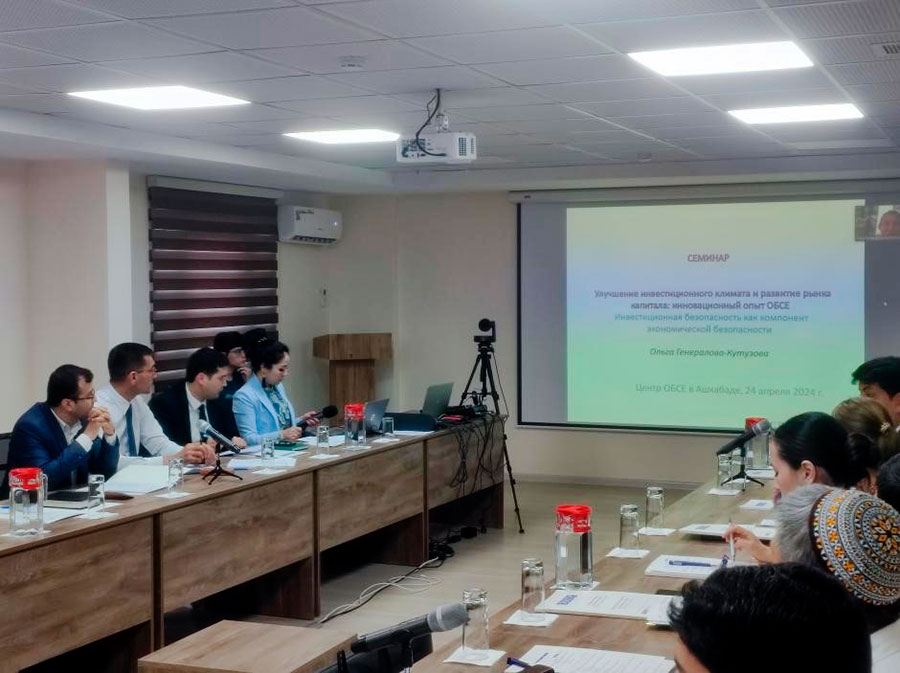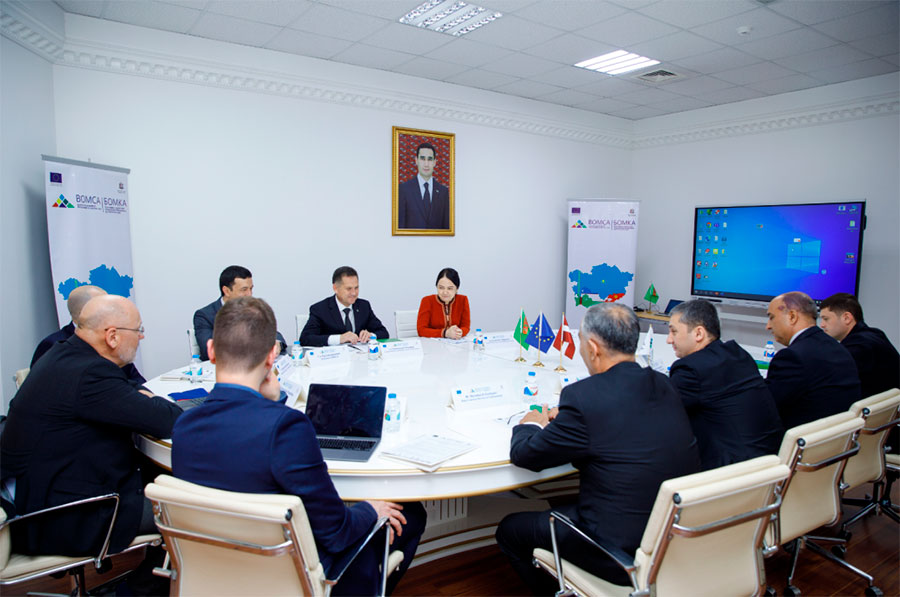The results of the assessment of the country's readiness for cross-border paperless trade were considered during the national consultation meeting of the Government of Turkmenistan jointly with the UN.
The meeting was organized by the Ministry of Trade and Foreign Economic Relations and the Ministry of Foreign Affairs of Turkmenistan jointly with the United Nations Economic and Social Commission for Asia and the Pacific (UNESCAP) and the Office of the UN Resident Coordinator in Turkmenistan.
Participants discussed the benefits of implementing cross-border paperless trade as an e-commerce tool.
The transfer of traditional paper document management to electronic format helps to speed up trade procedures and reduce the costs of doing business in today's interconnected world. Paperless trade is fast becoming an important focus for governments to improve the efficiency of customs controls and trade administration, and to ensure trade competitiveness in a rapidly digitalizing world.
“I am glad to note the high level of use by Turkmenistan of the evidence base for decision-making - in April 2022, the country adopted the Law on Accession to the Framework Agreement on Facilitation of Cross-border Paperless Trade in the Asia-Pacific Region”, said Dmitriy Shlapachenko, UN Resident Coordinator in Turkmenistan.
In turn, Rupa Chanda, Director of Trade, Investment and Innovation, ESCAP, noted that the COVID-19 pandemic has increased the need to step up digitalization in order to facilitate trade and ensure the smooth movement of goods, especially essential goods. In view of this, accelerating the implementation of trade facilitation measures and digitalization procedures is more important than ever to make trade more sustainable and inclusive.
Paperless trade systems provide participants with cost savings by speeding up the movement of goods and increasing the efficiency of their processing by the relevant authorities at borders when it is associated with the exchange of administrative trade documents.
The participants of the consultations agreed to continue the exchange of ideas on the implementation of the recommendations of the report in accordance with the proposed action plan.








